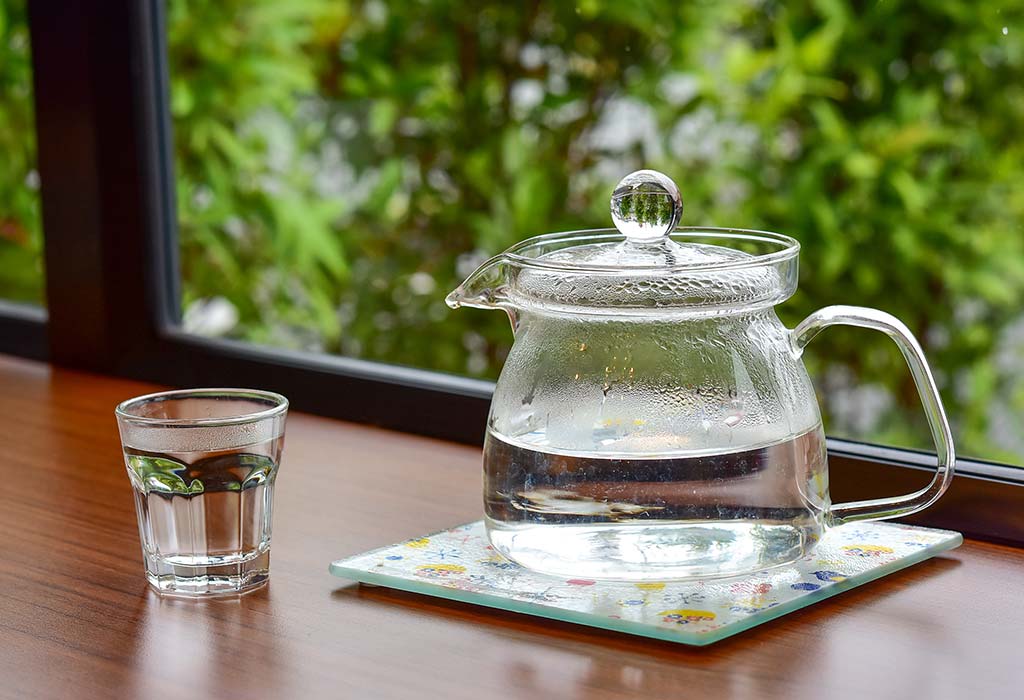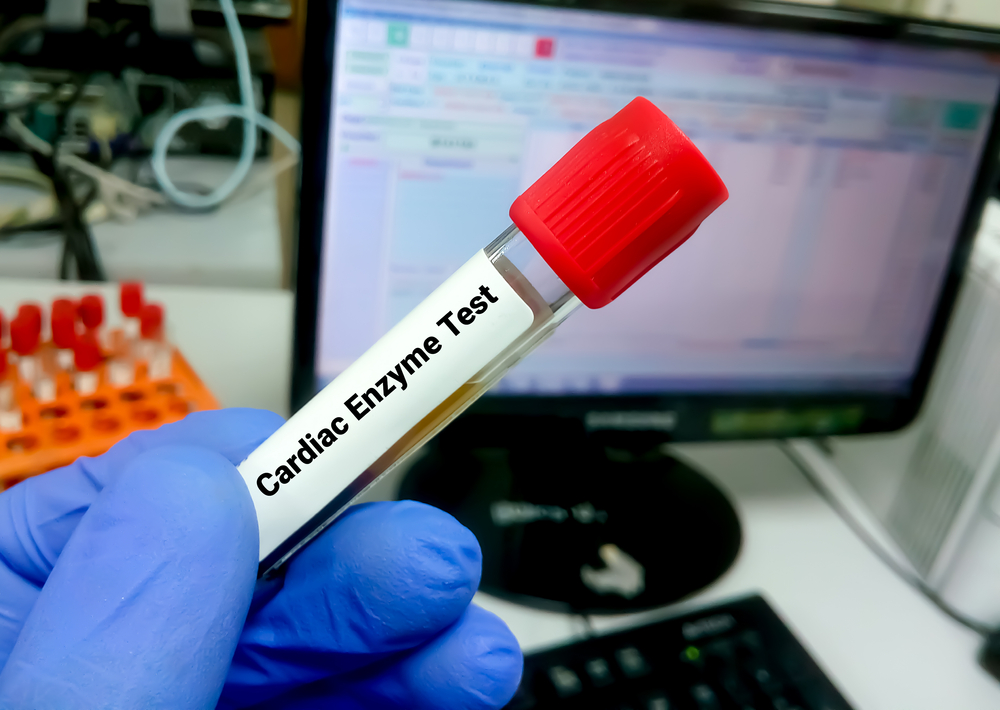According to the Sleeps Foundation, a massive chunk of the global population suffers from sleep disorders from time to time.
Sleep disorders can take many forms. The most common one is insomnia, which is marked by sleeplessness at night and grogginess during the day. Other common sleep problems include restless leg syndrome, sleep apnea, and REM sleep behavior disorder (RBD).
All sleep disorders have one thing in common – the ability to interfere with your daytime productivity. These conditions can trigger more severe medical complications, such as anxiety and depression, if untreated.
The good news is that plenty of natural interventions for various sleep problems exist. Below are the top supplements for improved sleep quality and duration.
1. Melatonin
Melatonin is a hormone naturally secreted by the body, which signals the brain when to sleep and stay awake.
The production of melatonin depends on the time of day. Production tends to rise in the evening and fall in the morning.
Besides the melatonin naturally secreted by the body, this hormone is also available in supplements. Melatonin supplements have proven helpful in boosting daytime sleep quality and duration. That makes them excellent for shift workers.
Other findings indicate that melatonin supplements may aid overall sleep quality in people with various sleep disorders. These compounds promote sleep by reducing sleep latency while increasing sleep duration. Sleep latency is a person’s average duration to transition from wakefulness to deep sleep.
2. Valerian Root
Valerian is an herb featured in folk medicine from time immemorial. The plant is native to Asia and Europe, where its roots continue to be administered as a remedy for various ailments.
Some medical conditions you can treat using valerian root include anxiety disorders, sleep disorders, depression, and several menopausal symptoms.
A small study investigating the sleep-aiding benefits of valerian found that taking 530 milligrams of valerian root extracts every night for 30 days improved sleep quality remarkably. The herb was primarily instrumental in shortening sleep latency and reducing sleep interruptions.
3. Lavender Extracts
Lavender is renowned for its sedative properties. That explains why the herb is a staple ingredient in most fragrances, air fresheners, cosmetics, and aromatherapy products.
As a sedative, lavender can help calm your nerves, allowing you to drift off to sleep gracefully. Most of the plant’s sleep-aiding properties come from a terpene known as linalool.
In a study investigating lavender’s potential sleep benefits, researchers found that inhaling lavender essential oils regularly could help treat multiple sleep disorders.
NOTE: While you can consume lavender in various ways, experts recommend administering the herb via aromatherapy. Oral administration of lavender extracts might lead to undesirable gastrointestinal issues, such as nausea, vomiting, diarrhea, and belching.
4. Cherry Juice
Tart cherry juice is not only famous for its delectable taste. The drink also packs immense therapeutic benefits.
Sleep deprivation is just but one of the many health problems you can treat or manage by incorporating cherry juice into your bedtime routine.
Like most sleep aids, cherry juice lets you fall asleep faster than you usually would. But it’s the drink’s ability to induce a deep sleep that gives it an edge over other supplements on this list.
According to this study, people who consume cherry juice regularly can sleep up to 90 minutes longer than those who don’t.
5. Tetrahydrocannabinol (THC)
Tetrahydrocannabinol is a compound from the cannabis plant, touted for its numerous health benefits. Potentially, THC is a stimulant at small doses and a sedative at relatively high doses. Those potential sedative properties make the compound a potential remedy for sleep disorders.
Trials conducted in the 1970s revealed that tetrahydrocannabinol could boost sleep quality by reducing sleep onset time. A recent study found that administering THC before bedtime might help improve breathing during sleep while reducing sleep interruptions. Therefore, the compound might be beneficial for people with sleep apnea.
Tetrahydrocannabinol-based sleep aids come in many products, ranging from pre-rolls to e-juices, edibles, topicals, and oral tinctures.
THC gummies have garnered considerable attention in the recent past due to their ease of administration. These products come with predetermined THC potencies, eliminating the need to measure your doses whenever you want to consume tetrahydrocannabinol. Besides, tetrahydrocannabinol gummies look just like regular gummy bears. Therefore, you can consume them without drawing unwanted attention to yourself.
6. Chamomile Tea
Chamomile is another herb noted for its incredible calming qualities. Research indicates that consuming chamomile tea before bedtime might improve sleep quality by reducing sleep latency.
Due to its calming properties, chamomile might also help address stress and anxiety. That makes it particularly useful in treating sleep deprivation triggered by post-traumatic stress disorder (PTSD).
Chamomile also contains several other compounds that might help keep various chronic illnesses at bay. They include flavonoids, terpenoids, and lactones.
So, even if you’re not presently suffering from any sleep disorders, there are still many ways to benefit by incorporating chamomile tea into your lifestyle.
Summary
Sleep disorders are a severe problem that can interfere with your mental concentration and daytime productivity. Therefore, treating these conditions is prudent before they can degenerate into more severe complications.
You can consider taking the above-listed supplements for maximum sleep-aiding benefits while following certain healthy sleep habits. These habits include avoiding stimulating activities and foods before bedtime, following a regular sleep schedule.




